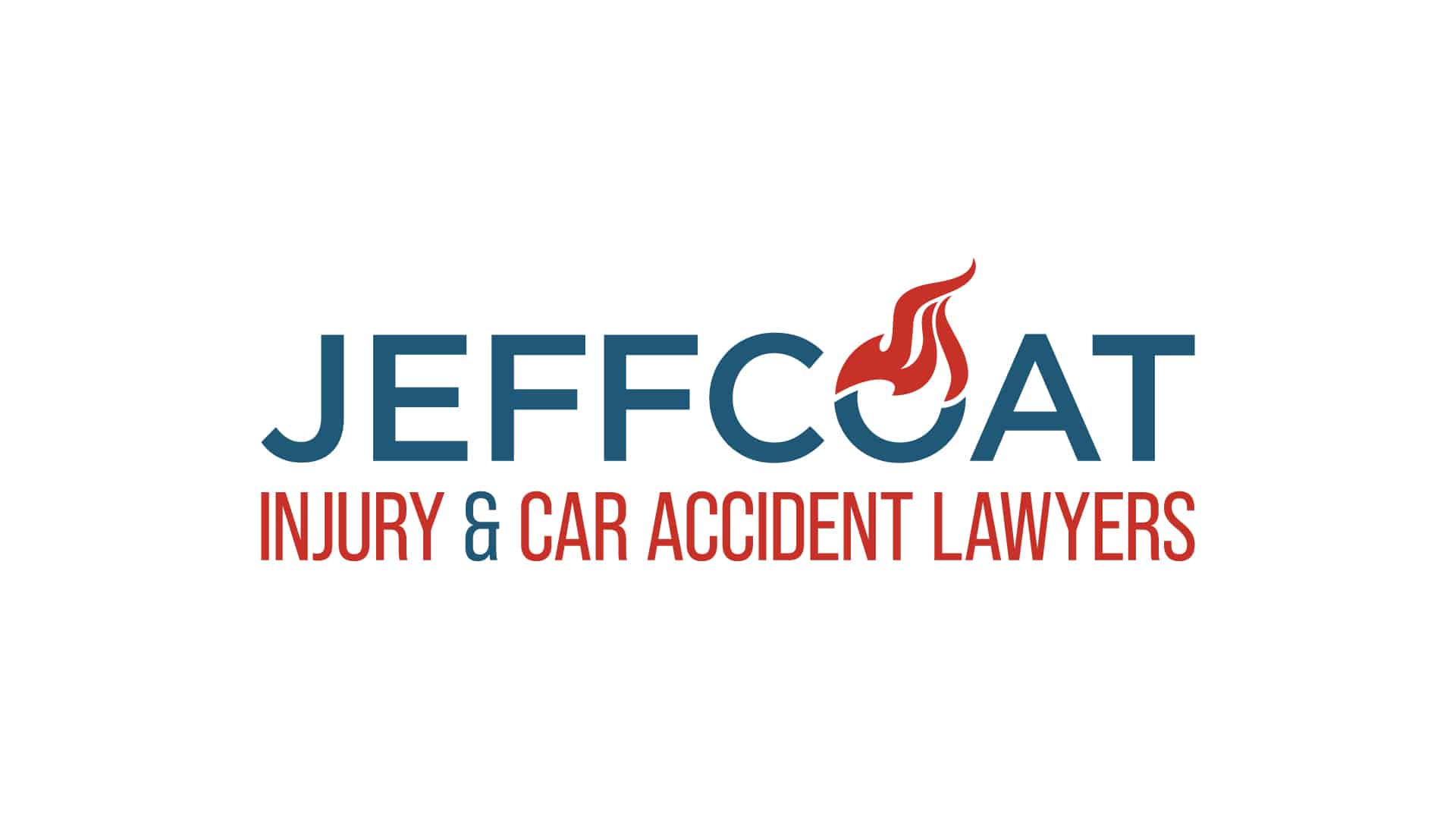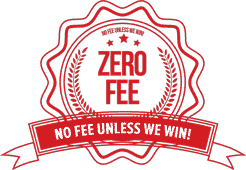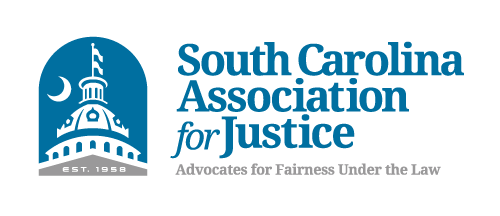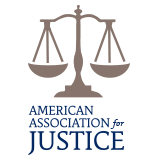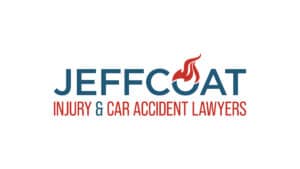 Negligence is the most common basis of a personal injury claim. “Breach of duty” means a breach of the duty of care, and it is an essential element of a negligence claim. You cannot win a negligence claim unless you prove that the defendant breached their duty of care.
Negligence is the most common basis of a personal injury claim. “Breach of duty” means a breach of the duty of care, and it is an essential element of a negligence claim. You cannot win a negligence claim unless you prove that the defendant breached their duty of care.
What Is a “Reasonable Person”?
Every competent adult owes every other person a legal duty of care. So what, exactly, is a legal duty of care? In colloquial terms, that just means you must use common sense to avoid injuring someone else. You must drive carefully, for example. In legal terms, it means that you must act the same way that a “reasonable person” would act under similar circumstances.
The hypothetical “reasonable person” acts reasonably under every circumstance. You could say that legally, the “reasonable person” standard defines what common sense is. But the reasonable person standard applies to more than just everyday interactions like driving on a public road.
A doctor, for example, must perform treatment on their patients using the standard of care that a “reasonable doctor” would use under similar circumstances.
What Are the Elements of a Negligence Claim?
To win a negligence claim, you must prove the following facts:
- The defendant owed you a duty of care;
- The defendant breached their duty of care (breach of duty);
- You suffered damages (typically physical injury);
- The defendant’s breach of duty was a factual cause of the damages you suffered; and
- The defendant’s breach of duty was a foreseeable consequence (the proximate cause) of the damages you suffered.
To win, you must prove each one of these facts on a “preponderance of the evidence” (more likely than not) basis.
Examples of Legal Duty of Care
“Duty of care” and “breach of duty” are two sides of the same coin. After all, you cannot breach a duty that you don’t have. Following are some typical examples of duties of care based on the relationship between the parties.
- Driver/Driver: Anyone who drives on a public road owes other drivers (plus passengers and pedestrians) a duty to drive with reasonable care.
- Landlord/Tenant: Landlords must maintain safe premises for their tenants and for guests. Injured parties may enforce this obligation under both court-made law and the South Carolina Residential Landlord and Tenant Act.
- Manufacturer/Consumer: Under South Carolina product liability law, you can hold a manufacturer liable for injuries caused by defective products, emphasizing the importance of safety in product design and manufacturing.
- Business Owner/Invitee: Business owners must keep their premises safe for guests. Slip and fall accidents caused by wet floors frequently result in personal injury claims, for example.
- School/Student: South Carolina schools are responsible for providing safe learning environments. They must protect students from foreseeable harm on school property and during school-sponsored activities.
- Government/Citizens: The South Carolina Tort Claims Act allows personal injury claims against local and state governments for injuries in public spaces. These claims are subject to certain limitations.
- Doctor/Patient: Doctors owe patients a duty of care that meets accepted professional standards. Both state statutes and case law govern medical malpractice claims.
- Property Owner/Social Guest: Property owners must warn social guests of non-obvious dangers on their property. Generally, there is no duty to trespassers.
Ultimately, you don’t have to fall into any of these categories to bear liability for personal injury. Anyone who is capable enough to be responsible for themselves can bear liability to others for injuries they cause.
Proving Breach of Duty
South Carolina law allows you to prove breach of duty (and therefore negligence) in several different ways, as detailed below.
Expert Testimony
Expert testimony is one of the best ways of proving breach of duty. It is particularly useful for medical malpractice claims and product liability claims based on negligence.
Physical and Documentary Evidence
You can use the following evidence to prove breach of duty.
- Accident reports
- Defendant’s past conduct
- Emails, texts, and correspondence
- Employee training records
- Expert testimony
- Eyewitness testimony
- Incident scene investigations
- Maintenance records
- Medical records
- Physical evidence
- Product manuals and warnings
- Safety codes and regulations
- Social media posts
- Video and photographic evidence
- Witness statements
Ultimately, their list of possible evidence that you might use to prove breach of duty is too long to print here. It all depends on the circumstances of your case.
Negligence Per Se
The doctrine of negligence per se applies when you prove that the defendant broke a safety law or regulation. Under the doctrine of negligence per se, this violation constitutes breach of duty and conclusive evidence of negligence.
It is very difficult for the defendant to win once you establish negligence per se.
Schedule a Consultation With an Experienced Columbia Personal Injury Lawyer
Just about any Columbia personal injury lawyer will schedule a consultation with you without charging you any money. That’s how they identify potentially lucrative cases.
If you are seriously injured, the lawyer might even come to the hospital to meet with you. The best part is that you won’t owe your lawyer a dime in attorney’s fees unless they win compensation in your case.
Contact Jeffcoat Injury and Car Accident Lawyers at (803) 373-1706. Don’t let time pass you by, schedule a free consultation with us to pursue justice for you.
